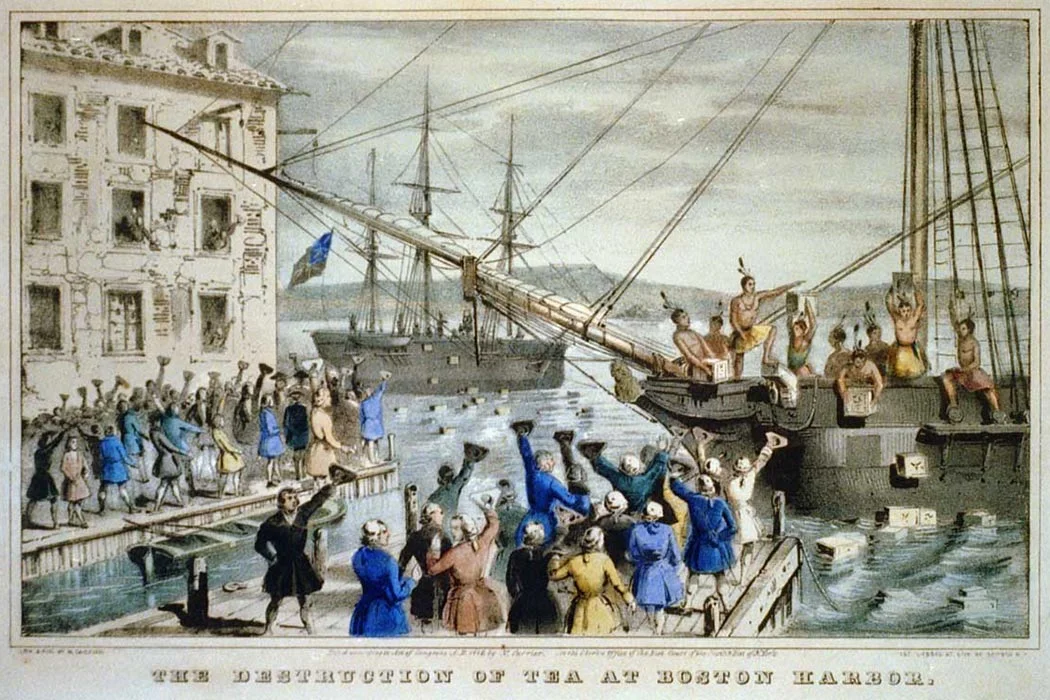How come a working 16-year-old pays taxes but is not able to vote?
No Taxation Without Representation. It was James Otis who said in the wake of the American Revolution, “Taxation without representation is tyranny.” That’s one of this country’s founding principles, one that I and so many other Americans hold to be just. And yet somehow we justify taxpaying citizens not being able to vote? That is simply not right.
How must we remedy our youth rights crisis? For one, we could extend the right to vote to 16-year-olds via a constitutional amendment. A new Voting Rights Act could make this minimum voting age of 16 enshrined into federal law. Additionally, states could independently choose to lower the voting age, as the 26th Amendment only sets a maximum voting age of 18, not a minimum.
Under-18s who pay taxes are not the only disenfranchised, taxpaying Americans. Residents of Washington, DC don’t have congressional representation. People who reside in the territories, Puerto Rico, Guam, the Virgin Islands, among others, pay certain taxes and can still not even vote in the general election.
If America is to live up to its promise of no taxation without representation, it is clear that youth, like Puerto Ricans, like Washingtonians, need a revolution. We need to effectively persuade Congress, local and state governments, and other governmental authorities that 16-year-olds, just like all other Americans, are capable of voting. Otherwise, a voting 16-year-old is simply a pawn who works and pays taxes but does not have the same rights as their older co-workers and citizens.
For those who are concerned about 16-year-olds being too immature to effectively vote, I urge them to consider that according to the Penn Annenberg Center’s 2022 survey, only 47% of Americans can name all three branches of government. If anything, all Americans are bad citizens, and we all desperately need civics education in our high schools and colleges. If an 18-year-old who doesn’t know all three branches of government can vote, a 16-year-old who does clearly shouldn’t be disadvantaged from voting on the sole basis of their age. Ultimately, voting and civic participation are not privileges. They’re constitutional rights. They ought to be upheld for all taxpaying Americans no matter how educated or ignorant they may be, no matter if they’re in sophomore year or senior citizens.
It’s really quite simple. You work. You pay taxes. You vote. Every 16-year-old, and ideally even younger people, should have that right.







It’s actually simpler.
All people should vote. If all people are so equal as the U.S says, then what gives them the right to say “Well, only SOME people can vote, and its totally based on age.” There is NOTHING in the Constitution that prevents any state from allowing people even younger than 16 from voting. There is an amendment that says “…no higher than 18…” The KEY word is “No higher than 18”. No higher than, NOT no lower than. All people should vote, with a parent casting votes for younger people.
Always remember the limitations on the right to vote. In 1978, 57% voted to pass a Michigan referendum raising the drinking age from 18 to 21. What good is voting when the victims are vastly outnumbered by the crazy, deranged, depraved, degenerate, selfish, greedy potholes who don’t give a fire truck about the unalienable rights of the outvoted victims?
It’s not as if they were voting on the 2020 referenda by which the Mississippi state flag was changed, or the name of the State of Rhode Island and Providence Plantations was changed to State of Rhode Island. Those votes did not involve anybody’s unalienable right to liberty. These were symbolic votes, but many voters in Michigan likely felt they were symbolically expressing their approval or disapproval of alcohol consumption by persons in the victimized age group.